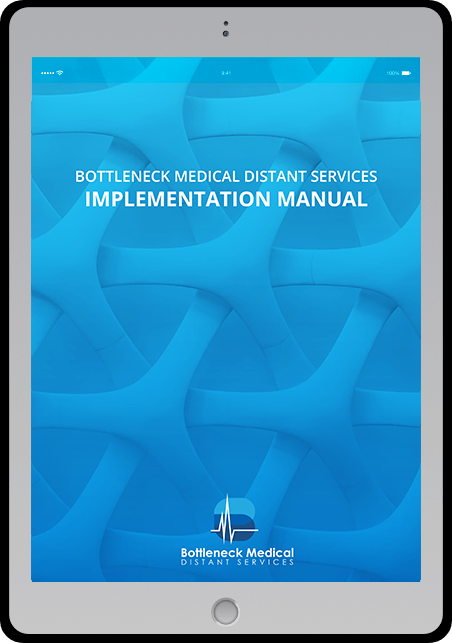Discover how it works by scheduling a free consultation with our account specialist.
Common Outsourcing Questions by Physicians

To the knowledgeable, outsourcing is the next big step towards better, value-driven healthcare. However, a substantial portion of medical professionals is not ready to start their own practice, much less subscribe to the trend of outsourcing. Such reservations stem from a lack of understanding, so we offer our own takes on some common outsourcing questions by physicians.
Q: How do you ensure electronic patient health information (ePHI) safety?
You need to be aware of a third party’s measures to maintain patient privacy when considering to involve them in your practice.
Outsourcing involves the exchange of information between the outsourcing party and the service provider. The use of electronic health records (EHRs) among medical practices requires stringent measures to safeguard ePHI. Hence, professionals who outsource must comply more strictly with the Health Insurance Portability and Accountability Act of 1996 (HIPAA).
Most business process outsourcing agencies observe HIPAA compliance. They require their staff to undergo compliance training. Some exercise HIPAA-compliant measures that will demand total erasure of ePHI trails from systems upon the completion of their processing.
Workflows and processes will ultimately determine how your practice and the outsourcing agency can lower the risk of compromising patient data. Paper shredders to get rid of any physical records and strengthened firewalls between networks are to name a few.
Q: How do patients figure in outsourced services?
Do patients need to sign an agreement when they avail of your services that enlist the help of outsourcing agencies? Do you need to get their consent regarding this?
Absolutely.
Getting patient consent also requires you to properly educate them. What are the changes in your processes? How will they affect your workflows concerning patient encounters?
Outsourced services often breed fear among physicians who think that patients may not be receptive of these changes. However, between healthcare providers and consumers, the latter show more enthusiasm when it comes to emerging technologies. One would think that medical professionals project their personal qualms to their patients due to their own lack of mastery of such technologies.
Patients deserve to be made aware of the rationale behind outsourced services and given the assurance that their private information will be protected. Let them in on the benefits of outsourcing and how this ultimately impacts the quality of patient care. Only then can you ask for their consent.
Should they not grant their permission, you must also honor their decision.
Q: Why outsource when I can stick to in-house services?
We previously covered some of the reasons why some physicians decide to outsource. These include cutting overhead costs, empowering the staff and bridging technological gaps.
In the case of remote medical assistants, these professionals are looking for better-paying, long-term jobs that can run for at least 3 to 6 years. They endeavor to find work for the long haul and not merely a stepping stone in their careers. Unlike some traditional medical assistants, they are in it for the actual job and not only the experience prior to going to medical school.
Q: Will I get my investment’s worth?
Will you get what you pay for when you outsource? Do you get the same quality of output, if not better?
You can, but only if you devote the time and effort required to make outsourcing work for your practice. Think of the things you need to consider when you decide to hire a medical distant assistant.
Remember that going remote means that you are making changes that will affect your systems and processes. You need to get your staff involved in the planning. Know what to expect from the changes and establish baselines that must be met.
“Outsourcing” does not have to go with “frightening” in a single sentence. Asking the right questions and looking for the answers will go a long way in optimizing the workflows and decreasing the stress in your practice.
At BMVS, we seek to guide you on your journey to outsource medical distant services. Walk with us as we show you more of what it is like to be part of this revolutionary step in medical practice.
Stay Updated
Subscribe To Our Newsletter For Updates And A Free Copy Of The Bottleneck Medical Virtual Services Implementation Manual.

